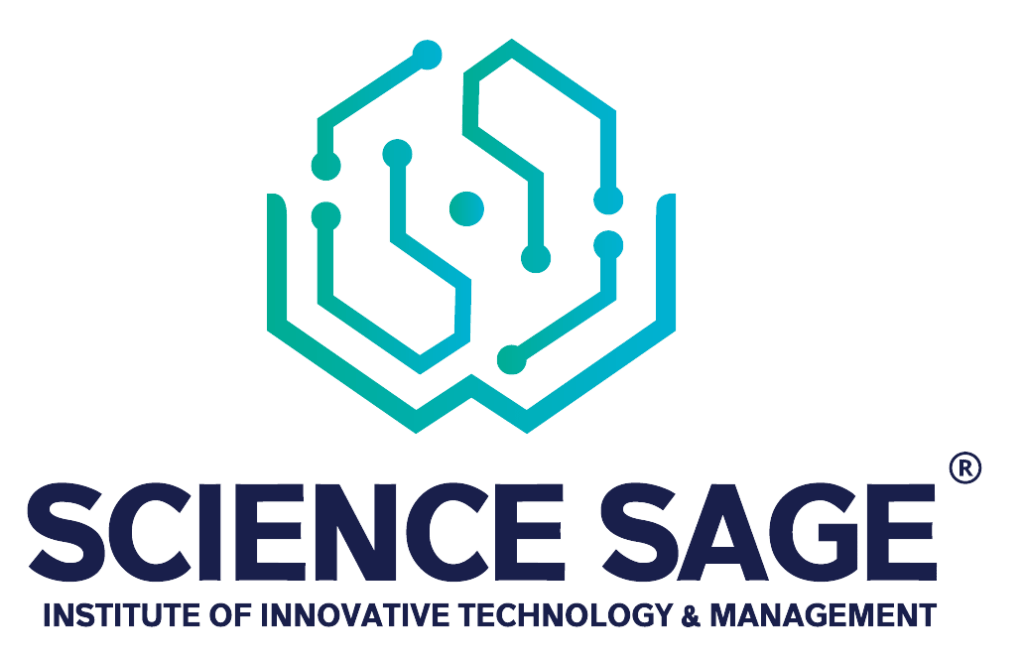- Prerequisites
- Higher Secondary Passed
- Course Duration
- 2 Years
The Diploma in Pharmacy Assistant program is designed to train individuals to work as essential members of pharmacy teams, assisting pharmacists in various aspects of pharmaceutical care and customer service. Pharmacy assistants play a vital role in ensuring the safe and efficient operation of pharmacies, providing support to pharmacists and serving as a link between healthcare providers and patients. Below is a detailed description of the program:

Course Overview
- Duration: The Diploma in Pharmacy Assistant program typically spans one to two years, depending on the curriculum and institution offering the program.
- Curriculum: The curriculum covers a comprehensive range of subjects related to pharmacy practice, pharmaceuticals, pharmacology, pharmacy law and ethics, inventory management, medication dispensing, patient communication, and customer service skills. Courses may include pharmacy calculations, medication dosage forms and administration, pharmacotherapy, pharmaceutical compounding, prescription processing, and over-the-counter (OTC) product knowledge.
- Practical Training: Practical training is a fundamental component of the program, allowing students to gain hands-on experience in pharmacy settings. Under the supervision of licensed pharmacists or experienced pharmacy technicians, students learn to perform tasks such as medication dispensing, prescription filling, inventory management, medication compounding, patient counseling, and pharmacy administration.
- Clinical Internship: Clinical internships or practicum placements in community pharmacies, hospital pharmacies, or retail pharmacy chains are typically included in the program. During internships, students work alongside pharmacy professionals, applying their knowledge and skills in real-world pharmacy practice settings, interacting with patients, and gaining practical experience in pharmacy operations.
- Certification: Upon completion of the program, graduates may be eligible to pursue certification as pharmacy technicians or pharmacy assistants, depending on the requirements of their jurisdiction. Certification may enhance employment opportunities and demonstrate competency in pharmacy practice to employers and regulatory bodies.

Course Structure
- Core Subjects:
– Pharmacy Practice and Ethics
– Pharmaceutical Calculations
– Pharmacology and Pharmacotherapy
– Dosage Forms and Drug Administration
– Pharmacy Law and Regulations
– Medication Dispensing and Prescription Processing
– Over-the-Counter (OTC) Product Knowledge
– Inventory Management and Control
– Patient Counseling and Communication
– Pharmacy Administration and Record-Keeping - Specialization Electives (Sample):
– Pharmaceutical Compounding Techniques
– Sterile and Non-Sterile Compounding
– Medication Therapy Management
– Specialty Pharmacy Services
– Pharmacy Automation and Technology
– Medication Safety and Error Prevention
– Pharmaceutical Marketing and Sales
– Healthcare Insurance and Reimbursement - Practical Laboratory Sessions:
– Prescription Filling and Labeling
– Medication Reconstitution and Compounding
– Inventory Receiving and Management
– Prescription Order Entry and Processing
– Patient Counseling Scenarios
– Pharmacy Software and Technology Training - Clinical Internship:
– Rotations in Community Pharmacies or Retail Chains
– Hands-on Training in Pharmacy Operations
– Observation and Participation in Medication Dispensing
– Interaction with Pharmacists, Technicians, and Patients
– Application of Pharmacy Assistant Skills in Clinical Practice

Key Skills Developed
- Medication Dispensing: Proficiency in accurately dispensing medications, preparing prescription orders, labeling medications, and verifying prescription details to ensure patient safety and regulatory compliance.
- Customer Service: Strong customer service skills, including effective communication, empathy, and professionalism in interacting with patients, addressing their inquiries, and providing assistance with medication-related concerns.
- Pharmacy Operations: Knowledge of pharmacy operations, including prescription processing, inventory management, medication storage and handling, and adherence to pharmacy laws and regulations governing pharmaceutical practice.
- Attention to Detail: Diligence in performing tasks such as medication counting, labeling, and packaging with accuracy and precision to prevent medication errors and ensure patient safety.
- Teamwork and Collaboration: Ability to work collaboratively with pharmacists, pharmacy technicians, and other healthcare professionals in interdisciplinary teams to deliver quality pharmaceutical care and optimize patient outcomes.
- Ethical and Professional Conduct: Adherence to ethical standards, confidentiality requirements, and professional codes of conduct in pharmacy practice to maintain patient trust, privacy, and confidentiality.

Career Opportunities
- Pharmacy Assistant: Graduates of the diploma program can work as pharmacy assistants in various healthcare settings, including community pharmacies, hospital pharmacies, retail pharmacy chains, long-term care facilities, and mail-order pharmacies. They assist pharmacists in dispensing medications, managing inventory, processing prescriptions, and providing customer service to patients.
- Retail Pharmacy Technician: Some graduates may pursue careers as retail pharmacy technicians, specializing in retail pharmacy settings such as drugstores, supermarkets, and independent pharmacies. They perform tasks such as medication dispensing, prescription processing, inventory management, and customer assistance under the supervision of licensed pharmacists.
- Hospital Pharmacy Assistant: Graduates may work as pharmacy assistants in hospital pharmacies, supporting pharmacists and pharmacy technicians in medication distribution, sterile compounding, medication reconciliation, and inventory control. They may also assist with medication delivery to patient care areas and provide administrative support to pharmacy departments.
- Long-Term Care Pharmacy Assistant: In long-term care facilities such as nursing homes or assisted living facilities, pharmacy assistants may work with pharmacists and pharmacy technicians to manage medication orders, prepare medication packs, and provide medication administration assistance to residents under the supervision of licensed healthcare professionals.
- Mail-Order Pharmacy Assistant: Some pharmacy assistants may work in mail-order pharmacies, processing prescription orders, labeling medications, packaging prescriptions for shipment, and providing customer service support to patients receiving medications through mail-order services.
The Diploma in Pharmacy Assistant program prepares individuals for rewarding careers as integral members of pharmacy teams, where they can contribute to the safe and effective delivery of pharmaceutical care and improve patient outcomes in diverse healthcare settings.
